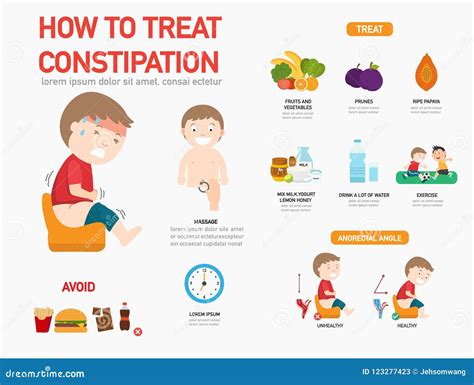How to Help Constipation: A Comprehensive Guide to Relief
Constipation is a common problem, affecting millions worldwide. It's characterized by infrequent bowel movements, difficulty passing stools, and hard, dry feces. While occasional constipation isn't usually a cause for alarm, chronic constipation can significantly impact your quality of life. This comprehensive guide explores effective ways to help alleviate constipation and promote regular, healthy bowel movements.
Understanding the Causes of Constipation
Before diving into solutions, it's crucial to understand what might be causing your constipation. Several factors can contribute, including:
- Diet: A diet low in fiber is a primary culprit. Fiber adds bulk to your stool, making it easier to pass.
- Dehydration: Insufficient water intake can harden stool, making elimination difficult.
- Lack of Exercise: Physical activity stimulates bowel movements.
- Medications: Certain medications, such as opioids and some antacids, can cause constipation as a side effect.
- Ignoring the Urge: Ignoring the natural urge to defecate can lead to harder stools and constipation.
- Medical Conditions: Underlying medical conditions like irritable bowel syndrome (IBS), hypothyroidism, and diabetes can contribute to constipation.
Effective Strategies to Relieve Constipation
Fortunately, numerous strategies can help alleviate constipation. Here are some of the most effective:
1. Dietary Changes: The Power of Fiber
Increasing your fiber intake is paramount. Aim for a diet rich in high-fiber foods like:
- Fruits: Apples, bananas (ripe), berries, pears, prunes.
- Vegetables: Broccoli, Brussels sprouts, carrots, spinach, sweet potatoes.
- Whole Grains: Oats, brown rice, quinoa, whole-wheat bread.
- Legumes: Beans, lentils, chickpeas.
Important Note: Gradually increase your fiber intake to avoid gas and bloating. Pair increased fiber with plenty of water.
2. Hydration is Key
Drink plenty of water throughout the day. Dehydration is a major contributor to constipation. Aim for at least eight glasses of water daily, more if you're active or live in a hot climate. Other fluids like herbal teas can also contribute to hydration.
3. Regular Exercise: Get Moving!
Regular physical activity stimulates bowel movements. Aim for at least 30 minutes of moderate-intensity exercise most days of the week. Activities like walking, swimming, or cycling are excellent choices.
4. Listen to Your Body: Don't Ignore the Urge
When you feel the urge to have a bowel movement, don't delay. Ignoring this urge can lead to harder stools and exacerbate constipation.
5. Over-the-Counter Remedies: When Needed
If lifestyle changes aren't enough, over-the-counter remedies can provide temporary relief. These include:
- Stool softeners: These help soften stool, making it easier to pass.
- Bulk-forming laxatives: These add bulk to the stool, stimulating bowel movements.
- Osmotic laxatives: These draw water into the colon, softening the stool.
- Stimulant laxatives: These stimulate the muscles in the intestines, promoting bowel movements. Use these cautiously and only as directed.
Always consult a doctor before using any over-the-counter medication, especially if you have underlying health conditions.
6. When to See a Doctor
While occasional constipation is normal, chronic or severe constipation requires medical attention. Consult your doctor if:
- You experience severe constipation for more than two weeks.
- You have blood in your stool.
- You experience significant abdominal pain or discomfort.
- You have unexplained weight loss.
Maintaining Regular Bowel Movements: Long-Term Strategies
Preventing constipation is crucial for long-term gut health. By incorporating the strategies outlined above into your daily routine, you can promote regular, healthy bowel movements and improve your overall well-being. Remember, a balanced diet, adequate hydration, regular exercise, and listening to your body's signals are key to preventing and managing constipation.
